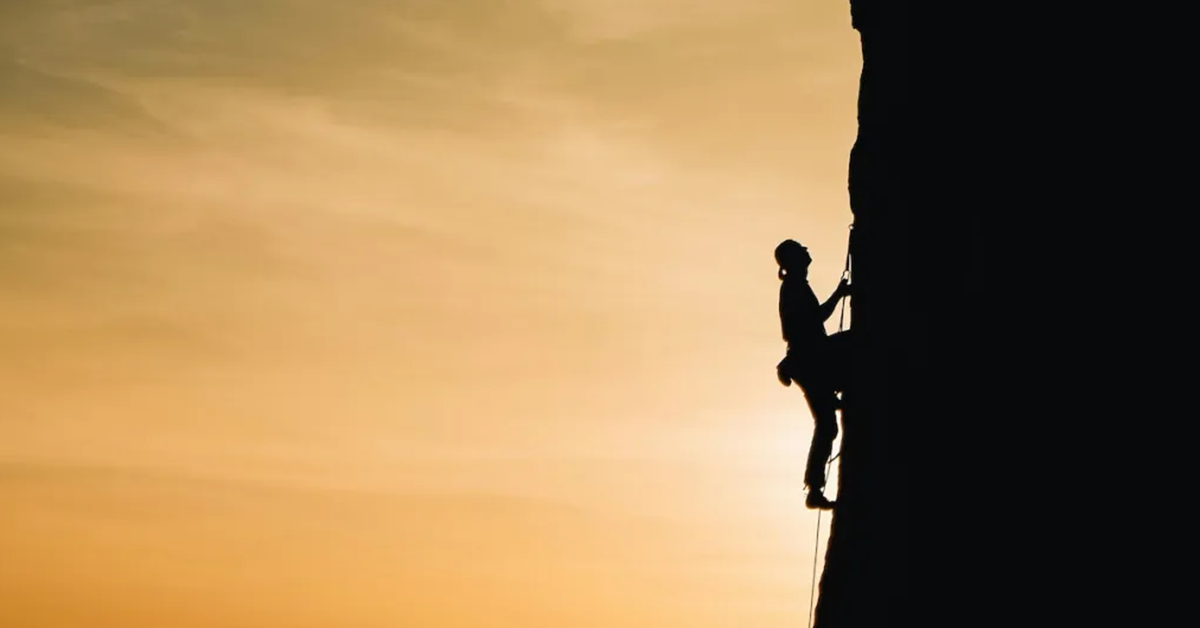Summary: How long does it take to form a habit?
- Name: Jocelyn Solis-Moreira Scientific American
- Category: Biotech and Healthcare
- Email: [email protected]
- Media Outlet: Scientific American
- Deadline: 4:00 PM EST – 6 January
Query: A common saying is that it takes 21 days to make a habit, and that might be reassuring to folks to keep at it for a couple of weeks. However, the science behind 21 days is not the most scientifically sound.
I’d like to talk to social psychologists on the science of habit formation including what factors can influence it and whether there is actually a length of time until a new activity (waking up early or going to the gym for example) becomes a daily part of someone’s routine. Please note this is written with a New Year’s resolution angle, we are not focused on drug habits.
Requirements: Looking for psychologists, sociologists or other researchers on habit formation available for a 15-20 minute phone interview to answer questions on the topic. Please include estimated times you are available for a call.
Summary: Psychologist to discuss new APA meta-analysis on sleep affecting mood and anxiety
- Name: Rachel MacPherson Sleepopolis
- Category: Biotech and Healthcare
- Email: [email protected]
- Media Outlet: Sleepopolis
- Deadline: 7:00 PM EST – 6 January
Query: Huge new study on how mood and anxiety are affected by sleep from the American Psychological Association–Data from 154 studies on more than 5,000 people across five decades
I’d love to hear from psychologists and related credentialed experts (sleep MDs, etc) on this topic. It’s a news item with a quick turnaround. Feel free to reach out, but for a better chance of being featured, respond to most or all of the questions below.
- What specific neural mechanisms are involved in the relationship between sleep loss and changes in emotional experiences, as highlighted in the study’s findings?
- The study mentioned disruptions in rapid eye movement (REM) sleep, showing more negative emotional reactions. Could you elaborate on how different stages of sleep affect emotional responses and mental well-being?
- What are the potential implications of the study’s findings on mental health treatment and interventions for individuals experiencing sleep disturbances?
- Are there particular interventions or strategies that could mitigate the negative effects of sleep loss on mood and mental health, especially for individuals who consistently struggle with inadequate sleep?
- Could you elaborate on the relationship between chronic insomnia and the development of mood disorders, such as anxiety and depression, as suggested by the study?
- The study emphasizes the importance of deep sleep for mental well-being. What are the key factors or practices that can help individuals achieve better-quality sleep, particularly deep sleep?
- In terms of policy changes, how can societal shifts in school and work schedules support better sleep habits and, consequently, improved mental health outcomes?
Requirements: Psychologists
Summary: Therapists to talk about weather anticipation/disappointment
- Category: General
- Email: [email protected]
- Media Outlet: Anonymous
- Deadline: 7:00 PM EST – 6 January
Query: Hi! I’m looking for therapists/psychologists who can speak to me about this; A lot of people feel a great deal of anticipation (and then disappointment) over snow forecasts in the winter. We obsess over every little forecast, but then when it’s a bust, we’re crushed. Is there a name for this phenomenon? Let me know if you have expertise on this subject — if it’s common, why it feels so disappointing, ways to protect ourselves from the letdown, etc.
Keep Reading
Want more? Here are some other blog posts you might be interested in.






